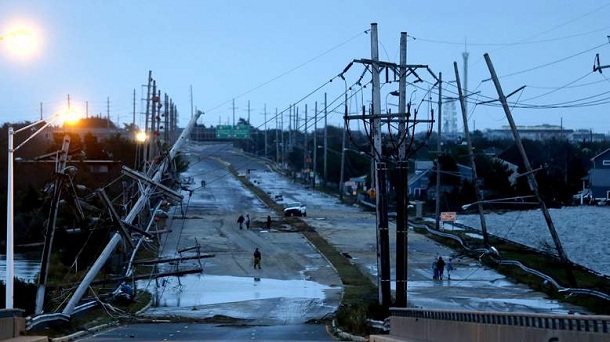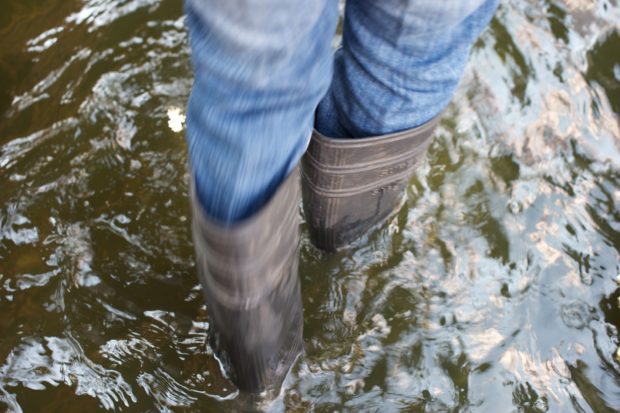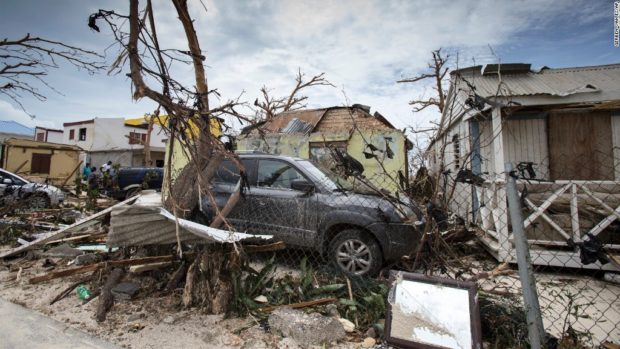September has barely begun but it has only brought disaster and destruction so far. We hope that no one has to live through the type of destruction that a hurricane with the power of Harvey or Irma brings, or any other hurricane for that matter, but we know that we have readers from the disaster struck areas, and you probably have friends who live there. We want to bring the dangers after the hurricane to your attention so that you can avoid them or help someone else out of even more trouble.
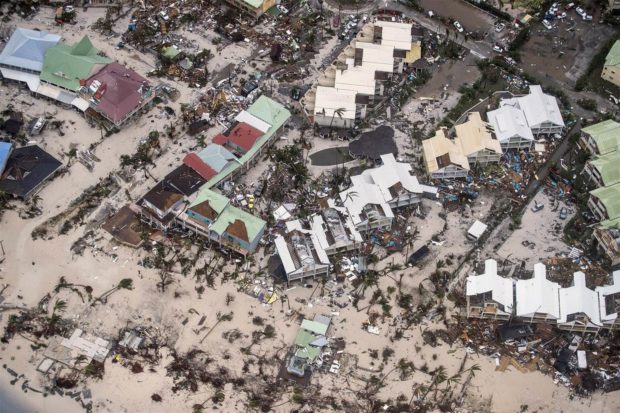
Your house can not be evacuated or moved from the hurricane’s path but you absolutely shouldn’t stay back to protect it. There really isn’t much you can do minutes before the hurricane passes through except to get injured or worse. But sometimes, returning to your home after a hurricane can be just as, or even more dangerous than the hurricane itself. We’ve assembled a short list of things that you must be aware of before returning to your hurricane struck home.
1. Check for loose power lines and gas leaks
Make sure that there are no downed power lines or any other cables making sparks as well as gas pipes leaking out before you enter your home. Water is a conductor and any electricity that touches it can result in getting yourself electrocuted. It gets even worse if there is a gas leak because sparks and gas are a very, very bad combination. If you determine it is safe to enter, do the same once you’re inside. There can be a cut power line or a gas pipe inside your home as well. It might be even trickier to find it inside, that is why you need to be very careful. If you small the slightest hint of gas or hear a spark, get out of there!
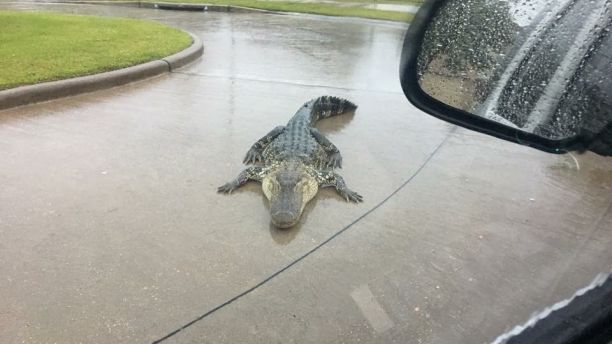
2. Be wary of wildlife
Hurricanes do bring a lot of water but with it, they can bring unwanted visitors. Not just wildlife, even pets that have been left behind can show an behavior that you wouldn’t expect. They get scared from disasters just as humans do and they might attack you if they feel threatened.
Depending on where you live, you might also encounter alligators and snakes which you really should stay away from. Always carefully insect the area you’re moving towards. If you aren’t sure, don’t go!
3. Wear protective clothing
This should probably be the first thing to keep in mind. The floods that hurricanes bring are also full of garbage which means that you can easily get infected with who knows what. Avoid contact with the floodwater, mud or any kind of garbage by wearing rubber, waterproof clothing, including gloves and boots.
4. Throw out all food that has been in contact with floodwater or mud
Not just food, but also utensils, food containers and everything else that can’t be disinfected. Anything that came in contact with the floodwater or mud that it brought is contaminated. This water is full of bacteria and diseases. You don’t want any infections.
5. Identify structural damage and stay clear of it
Hurricanes are very powerful engines that hurl air mixed with anything that comes in its path. This can seriously damage the structure of your home, especially when combined with the massive influx of floodwater. Before entering your home, make sure that the structure is intact. If there is still water inside, then use a pump to slowly pump the water out. Keep in mind that if you remove the water rapidly, the pressure from the water-saturated soil can could cause the walls to collapse.
6. Take pictures of any damage
Document any damages that your home has suffered. Keep all the repair bills in an orderly fashion and call your insurance agent. Hopefully, you have insured your home from hurricanes and floods. If you live in an area known for these kinds of natural disasters, that’s really a no-brainer.
These are just some of the most basic tips that everyone should be aware of. If you know anyone that has been affected by a hurricane, let them know even if you think they already are aware of these things. It is better to be safe than sorry!

